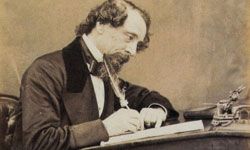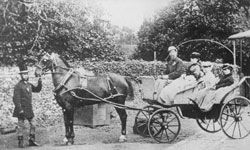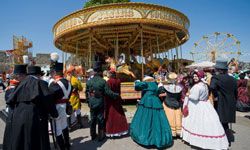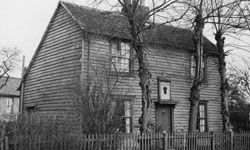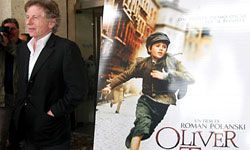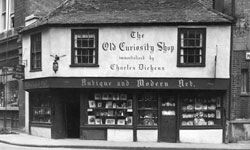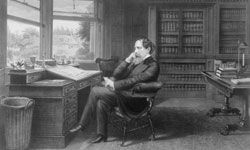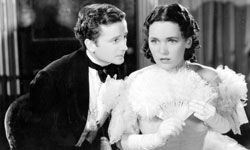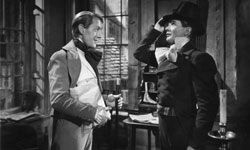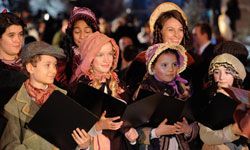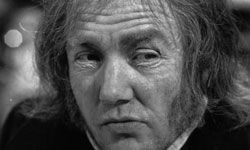Any reader of Charles Dickens will notice something unique about his work: Many of the characters in his novels and short stories have rather colorful monikers. Names like Mr. Sloppy, Wopsle, Sweedlepipe, Bumble and Scrooge, likely were not names Dickens ran across in a London neighborhood, market or church -- or anywhere, for that matter. No, these names were purely the product of Dickens' unique imagination, and the names often befit the characters. For example, take Toodle; the word sounds friendly and kind, and the character is exactly that. And take Pumblechook -- a puffed up, important-sounding word for a man full of self-importance.
Click ahead for more Dickens'-quality character names you're not likely to find in a novel or short story written by anyone else.
Advertisement
